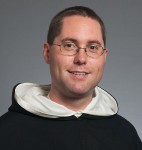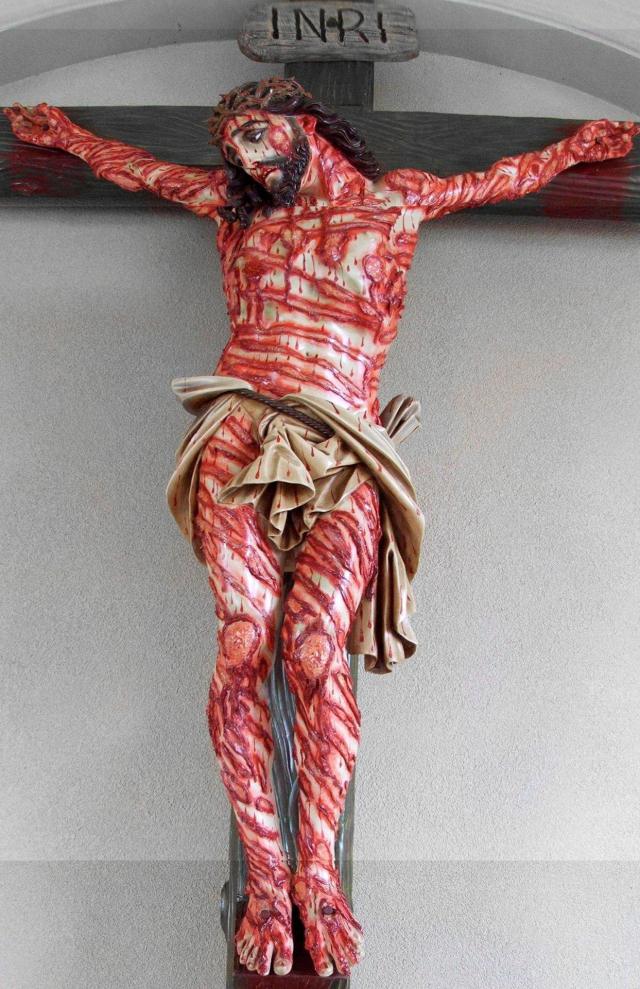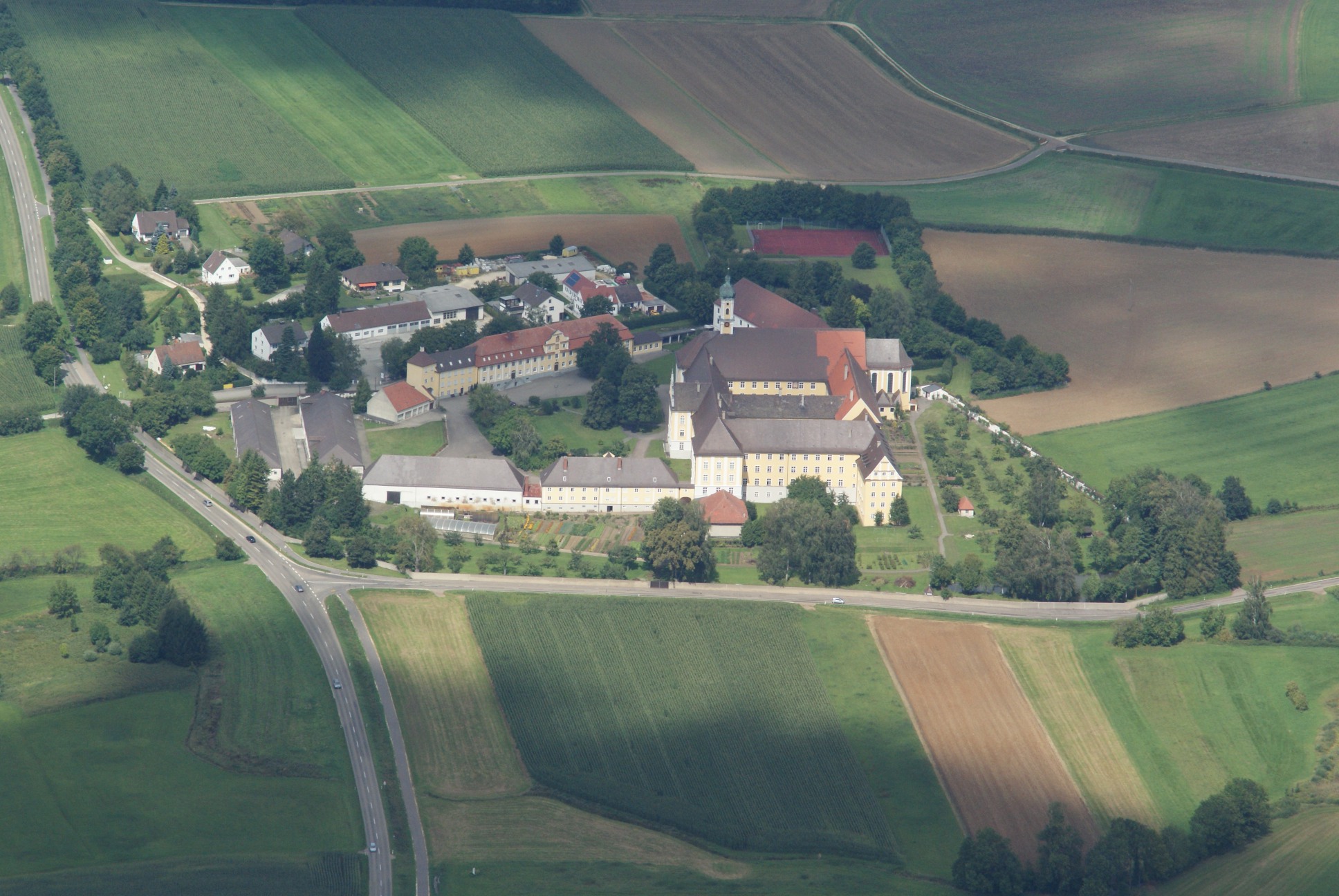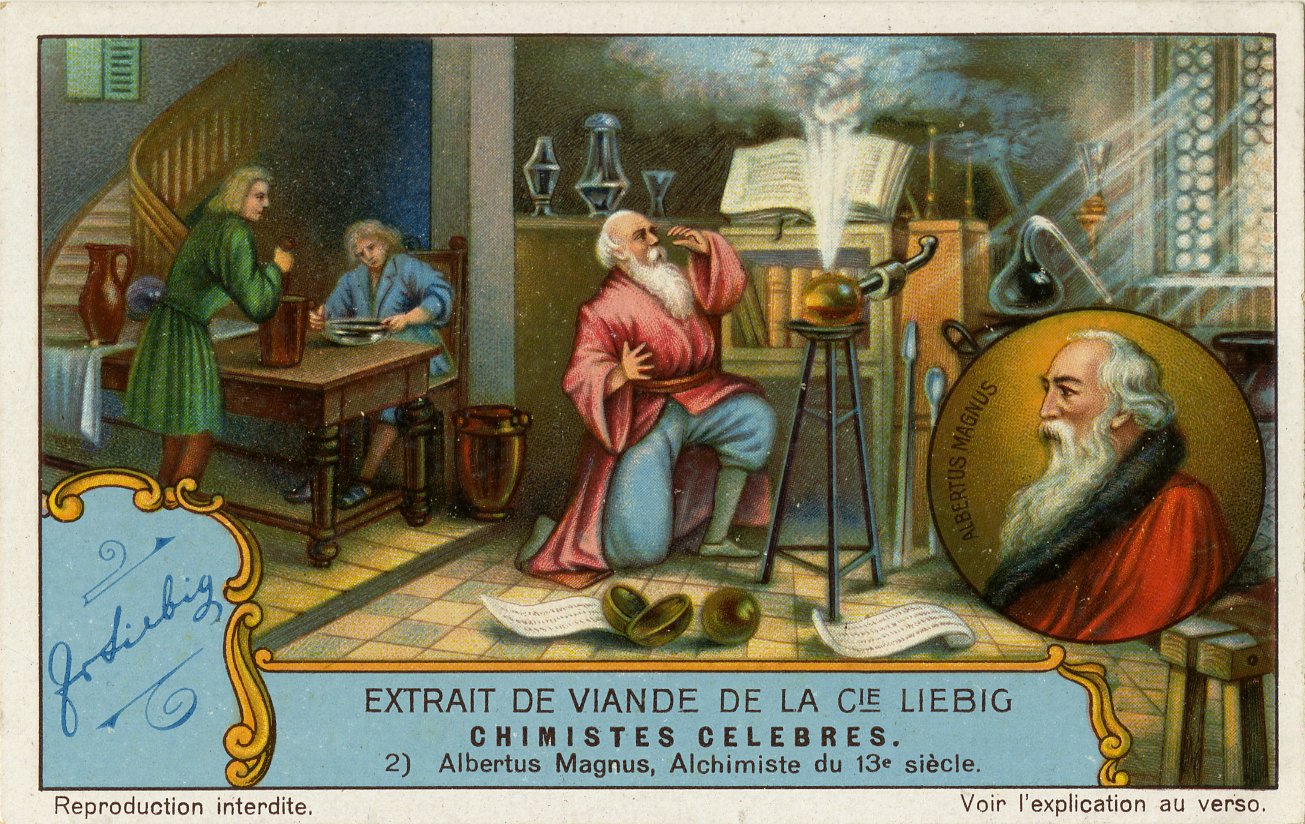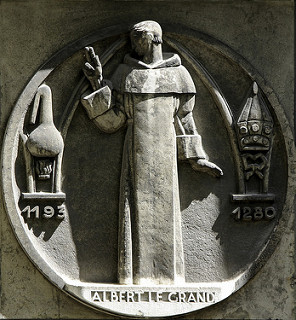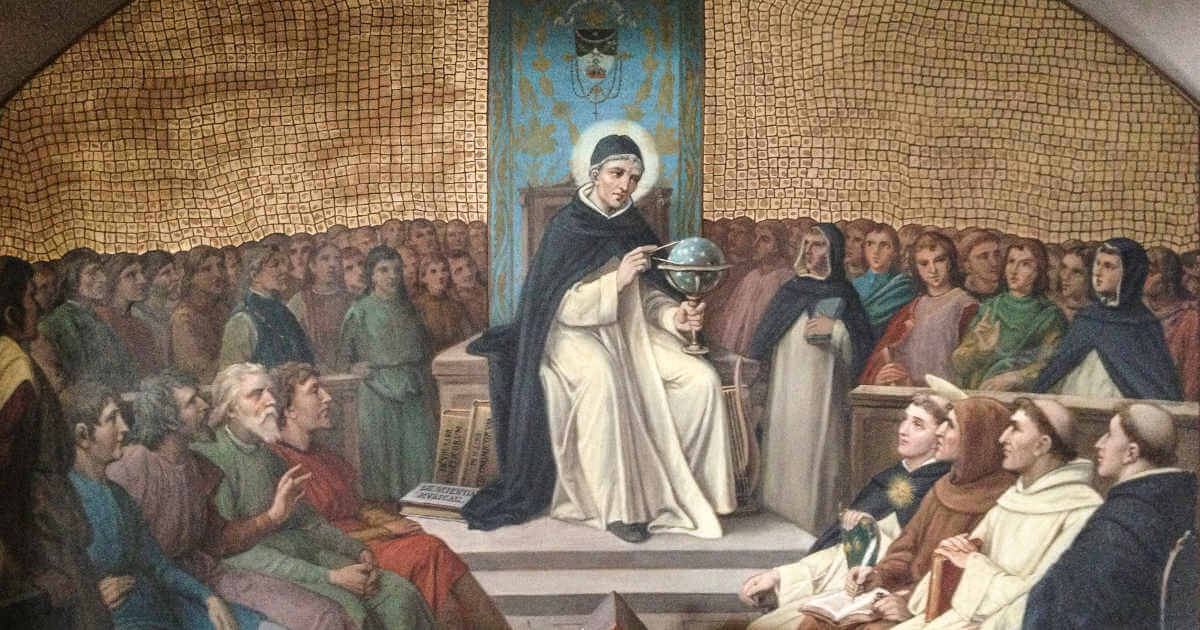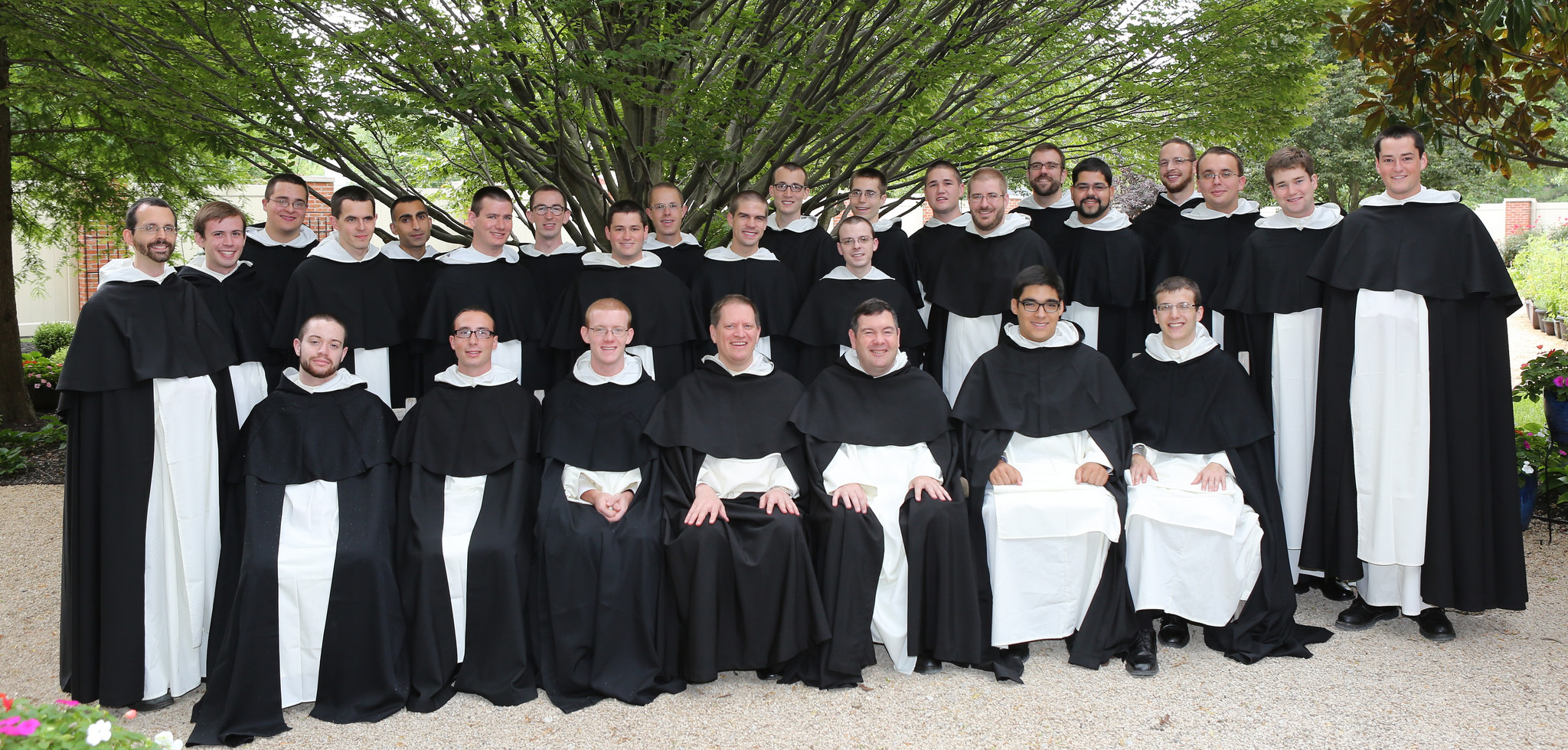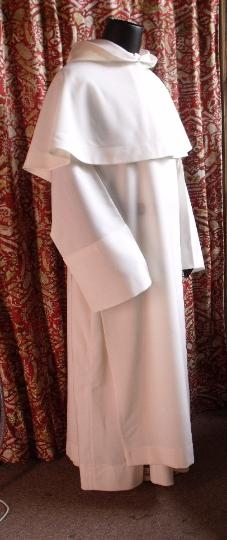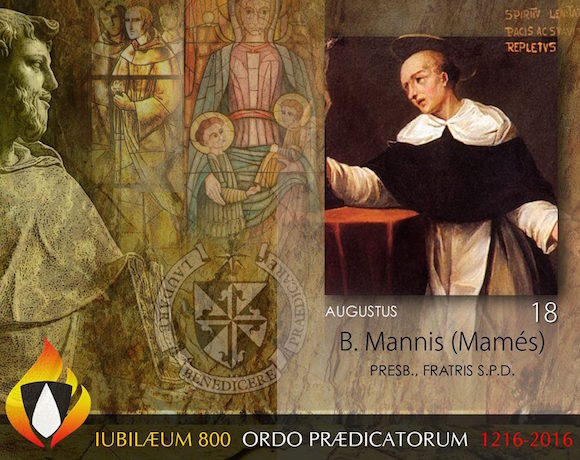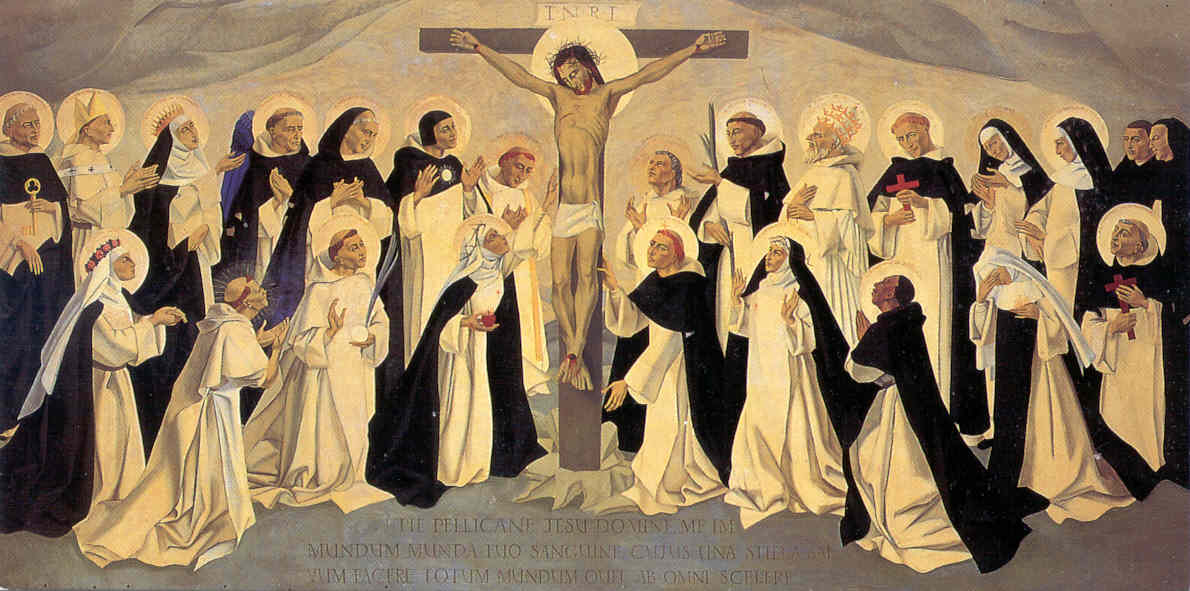
-Dominican saints (please click on the image for greater detail)
“Living the Christian Life is radical. Our life is concerned with achieving the goal for which we were created: the beatific vision and life with the Triune God. And it really does go against what the world presents to us. It is a challenge not to dilute the Gospel message, compromising with the world and thereby wandering off the narrow path. As Thomas Dubay’s masterful work Happy Are You Poor demonstrates, this tendency is all too prevalent in our own time. Instead of following Christ, we change the definitions of the terms to meet our current way of life. We substitute our ideas of poverty, obedience, charity, and other virtues for those presented to us by Christ. In this way we don’t have to inconvenience ourselves by making any real changes in our lives.
Dubay relies on the lives of the saints as authentic witnesses, confirmed by the Church, who show us how to live genuinely the radical message of the Gospel. The saints live in different times, in different vocations, but they all point to the oneness and greatness of that truth. They see that even the smallest sin, the smallest turning away from God, is a serious matter. Mother Teresa reminded her sisters that being unfaithful in the smallest of things makes it easier to fall further the next time a temptation comes. Sin creates other loyalties and divides the heart from Jesus.
The saints are also calling us to holiness by their lives and deeds, challenging us to live for God alone, confessing our sins, forgiving those who have hurt us, and growing in genuine love for God and our neighbor. A particular example of this is found in the fourteenth-century life of the Italian Dominican St. Catherine of Siena. At that time, when the popes were also the rulers of a large territorial state, various rebellions occurred. St. Catherine expended much effort writing to both the popes and the revolting Italian city-states. She encouraged the city-states to submit to their rightful ruler, and she reminded the popes to be loving and compassionate to all their subjects, receiving the prodigal sons back in the same manner as Christ does for all his children.
As we enter into Lent this year, let us study and imitate more closely the lives of the saints so that we may not live the Christian life superficially, but radically embrace Our Lord’s Life. Let His blood, which was poured out for us, permeate us, transforming our sinful selves into that man or woman which God created us to be—a child of God fully living in His image and likeness. The path is one of temptation and suffering, but because it is the path of God, it is easy to run joyfully past the difficulties, singing hymns of praise through the trials and pain, like St. Dominic being led on a “shortcut” through the brambles by some malicious tricksters. It is a radical life and it is the only true way to attain everlasting happiness.
All you saints, holy men and women of God, pray for us on our Lenten Journey.”
Love,
Matthew

